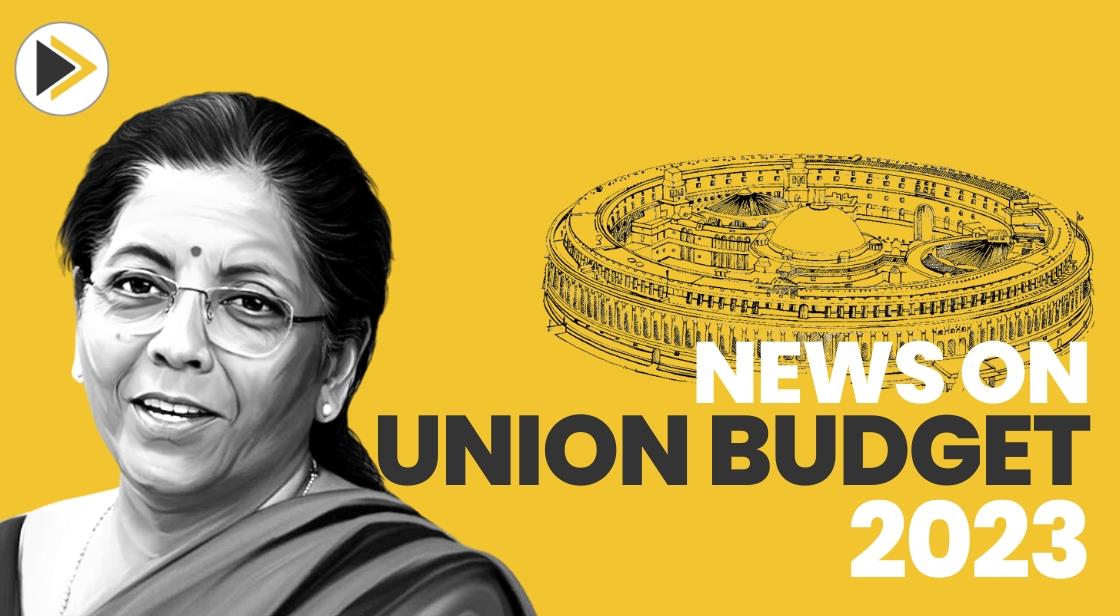Budget 2023: Manufacturing Sector Gets Ready For Growth

News Synopsis
The Economic Survey projected that India's economic growth will range between 6% and 6.8% in FY 2023–24, and Finance Minister Nirmala Sitharaman used this prediction as the foundation for releasing the first budget in Amrit Kaal. The FM announced a pro-growth agenda with a significant capital outlay in infrastructure, green growth, and tech-enabled projects as well as encouragement to the "Make in India" and "Aatmanirbhar Bharat" programmes as everyone around the world was watching India's budget. In the paragraphs that follow, some of the major points intended to stimulate the manufacturing and car industries are mentioned.
To help the automotive industry transform from the traditional fossil fuel-based automobile transportation system to an advanced and more efficient alternate fuel technology, the government has already launched a number of initiatives, including the PLI Scheme for Advanced Chemistry Cell (ACC), the PLI Scheme for the Automotive Sector (Rs 25,938 crore), and the Faster Adoption of Manufacturing of Electric Vehicles (FAME).
A substantial budget of Rs 19,700 crores has been included in the Budget 2023 for the National Green Hydrogen Mission in order to lessen India's reliance on imported fossil fuels and promote environmentally friendly transportation. To increase domestic EV production, customs duty has also been removed from imported capital goods used to make lithium-ion batteries. These actions will significantly help India's EV industry as well as the automotive industry as a whole, which is still recovering from the pandemic losses.
The FM has also suggested extending the 15% corporate tax rate, which was previously available only to companies, to newly formed industrial cooperative societies until March 31, 2024. This is a significant incentive for cooperatives that produce food, ethanol, and sugar.
With the introduction of numerous new programmes, the Budget also placed a strong emphasis on improving business accessibility. Important measures include:
PAN of businesses that will serve as a "common identification" for a list of government agencies;
A "Unified Filing Process" system for submitting common data to several government stakeholders;
Establishing a centralised data processing centre to handle administrative tasks related to the Companies Act, etc. more quickly
You May Like









